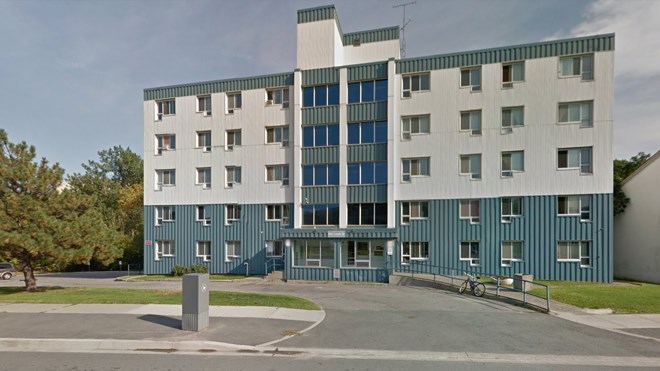Addressing the region's affordable housing issue is a “huge job” the North East Local Health Integration Network (LHIN) says it can't address on its own.
According to the Ontario Non-Profit Housing Association there were 11,224 vulnerable tenants in northeastern Ontario in 2015, including 3,764 in Greater Sudbury.
And according to a vulnerable tenants research study the firm SHS Consulting prepared for the North East LHIN, there are around 6,615 applicants waiting for social housing across northeastern Ontario.
Because the North East LHIN recognizes housing as a social determinant of health, it has released its first-ever housing strategy for northeastern Ontario.
“Housing is a complex community issue and we all need to work together to meet the housing and health needs of Northerners. This includes all levels of government, health and social service sectors, as well as private businesses,” said Louise Paquette, CEO of the North East LHIN. “This strategy will act as a resource for partner organizations as they search for opportunities to improve access to housing for people in the North East Region.”
The strategy includes a list of objectives that fall under four themes: clients /people; innovative housing and infrastructure; innovative health/social support provision; and innovative leadership and sponsorships.
The objectives came from an expert panel – made up of several stakeholders in the region – and feedback from two public housing forums.
Mike O'Shea, a senior officer for mental health and addictions with the North East LHIN, said there's no doubt the quality of a person's housing conditions can impact their health.
When people have inadequate housing it can lead to more stress, an inability to meet basic needs, and a bigger strain on the health-care system.
On Sept. 28, 2016, Health Sciences North had 95 alternative level of care (ALC) patients who are taking up a hospital bed, but would be better served receiving care at home or through a long-term care facility.
But O'Shea said many ALC patients have to stay at the hospital because they don't have adequate accommodations at home to meet their medical needs.
While the North East LHIN can't supply the bricks and mortar to build new housing stock – and improve existing housing – it can provide support to affordable housing providers.
O'Shea said the LHIN needs to work closely with partners like the regional District Social Service Administration Board to help increase and improve housing stock – along with the health-care supports that come with that housing.
“The LHIN is very much committed to improving the yardstick, but it is a big job,” he said.
